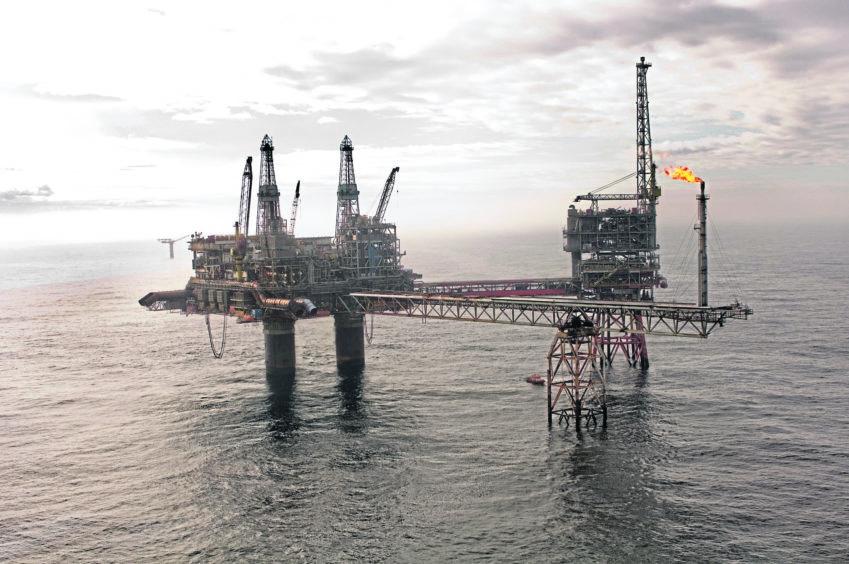
Exxon Mobil has lost out in a High Court battle against Apache with “far reaching implications” for North Sea decommissioning.
The legal spat centres on a 2011 deal that saw Apache buy a series of North Sea fields from Exxon, which included a specific agreement to protect Exxon from hefty decommissioning bills.
Exxon argued that, as part of their agreement, it was entitled to an extra £100million from Apache to protect it from decommissioning costs for the Buckland and Nevis fields, both tied back to the Beryl installations.
The case centred on 10 wells, which Exxon argued could amount to the £100million. The firm later reduced this to four wells but the court papers did not clarify whether the cost estimate had dropped as a result.
Exxon argued that, under proper reading of the Petroleum Act, it could be considered liable for costs related to these wells, despite them being drilled after the fields were sold to Apache.
Regulator OPRED (Offshore Petroleum Regulator for Environment and Decommissioning) was reported in court documents as saying Exxon “could be liable” for the wells.
However, High Court Judge Charles Hollander sided with Apache’s argument that, as the wells were drilled after the sale, there is “no possible reason” for Exxon to be liable.
The Judge added that the additional wells could not be defined as part of an “offshore installation”, as described in the Petroleum Act.
A spokesperson for Exxon Mobil said: “We have noted the outcome of the case and are considering its implications.”
Apache did not respond to requests for comment.
The ruling sets a precedent for future debates around liability for decommissioning costs.
In order to protect UK taxpayers, current rules mean that if the owner of an oil field falls short of its ability to pay decommissioning costs, then the obligation falls to the previous licence holder.
This case, however, means this may not apply for fields developed through multiple phases, with new wells and infrastructure put in place after a field has been sold.
Stephen Jewell, managing director at Well Decom Limited, said: “There are many large field complexes in the UK North Sea which have been developed in various phases by multiple owners over many decades – this inherent complexity can only lead to more disputes about liabilities.”
He added that the UK Government “thinks it has things covered” with Section 29 of the Petroleum Act, but that may not be the case.
“We can expect decommissioning aspects of the Petroleum Act 1998 to be further challenged in the courts – a potentially rich seam for lawyers working in the sector.”
However, Professor John Paterson, co-founder of Aberdeen University’s Centre for Energy Law, said things may not be so simple.
He said: “Even if the case revolved around the implications of the 1998 Act for an agreement between two oil companies, does the judgement mean that section 34 it will not operate as a catch-all longstop protection for the taxpayer?
“Does it mean that, in the case of a default by current section 29 notice holders, former holders called back will be able to point to those parts of a programme for which they can be held liable, and the taxpayer will have to pay for the rest? It is certainly not a stretch to reach that conclusion.
“But is that the end of the story?
“If there is any doubt about arrangements involving former holders under section 34, OPRED might simply increase its scrutiny of the financial position of current notice holders and take such steps with regard to security that it deemed necessary to protect the taxpayer – in line with Parliament’s original intention.”
Decommissioning is a heavy cost for operators in the sector, with a £15billion bill just this decade for the UK North Sea.
Read Professor Paterson’s full analysis of the case here.
